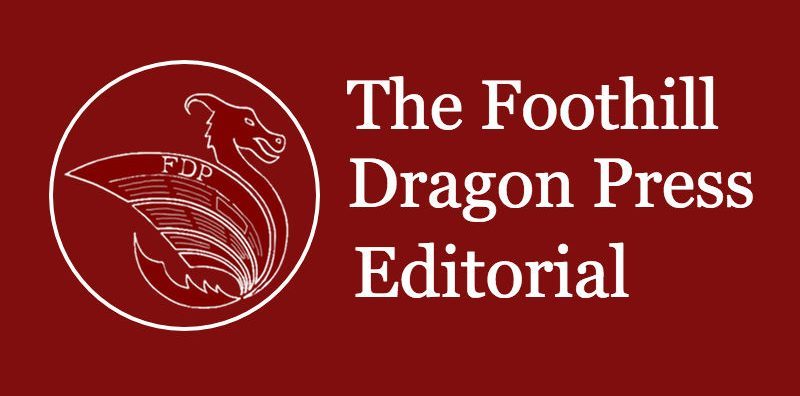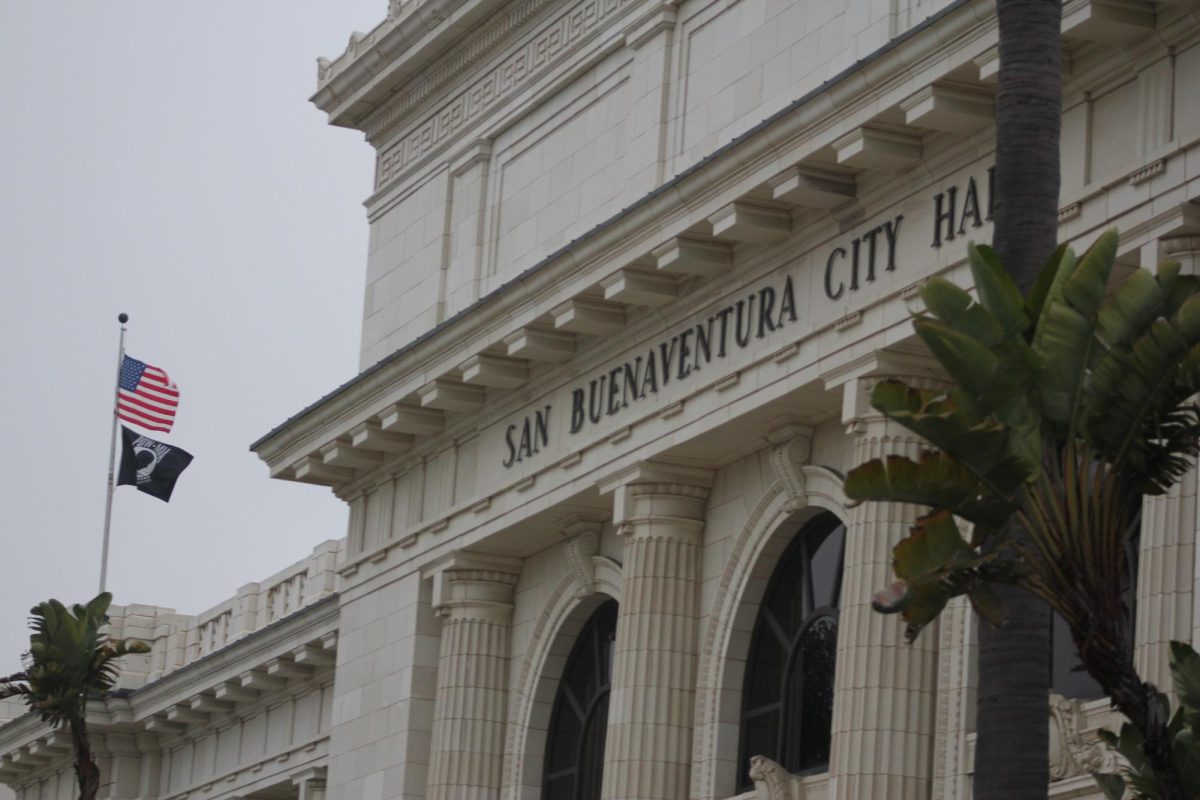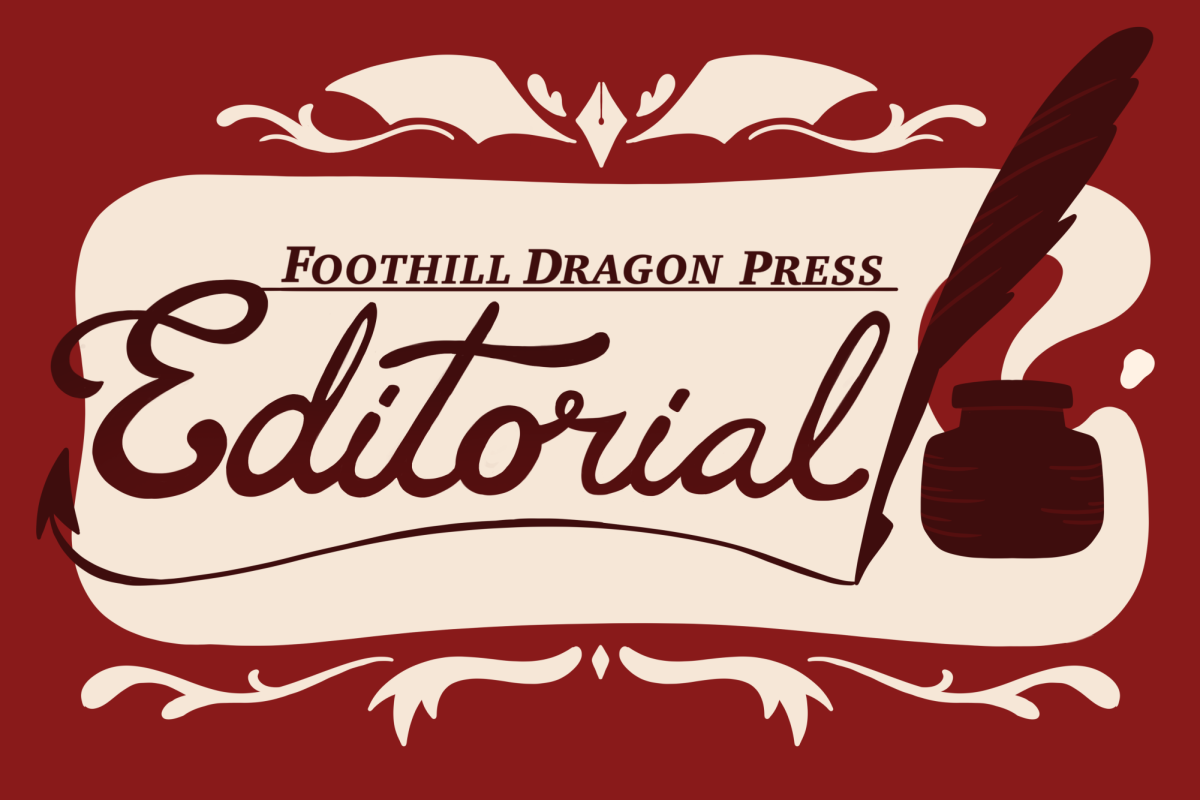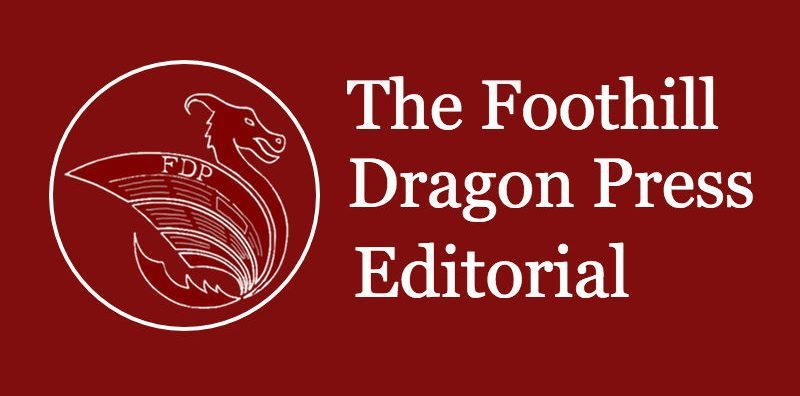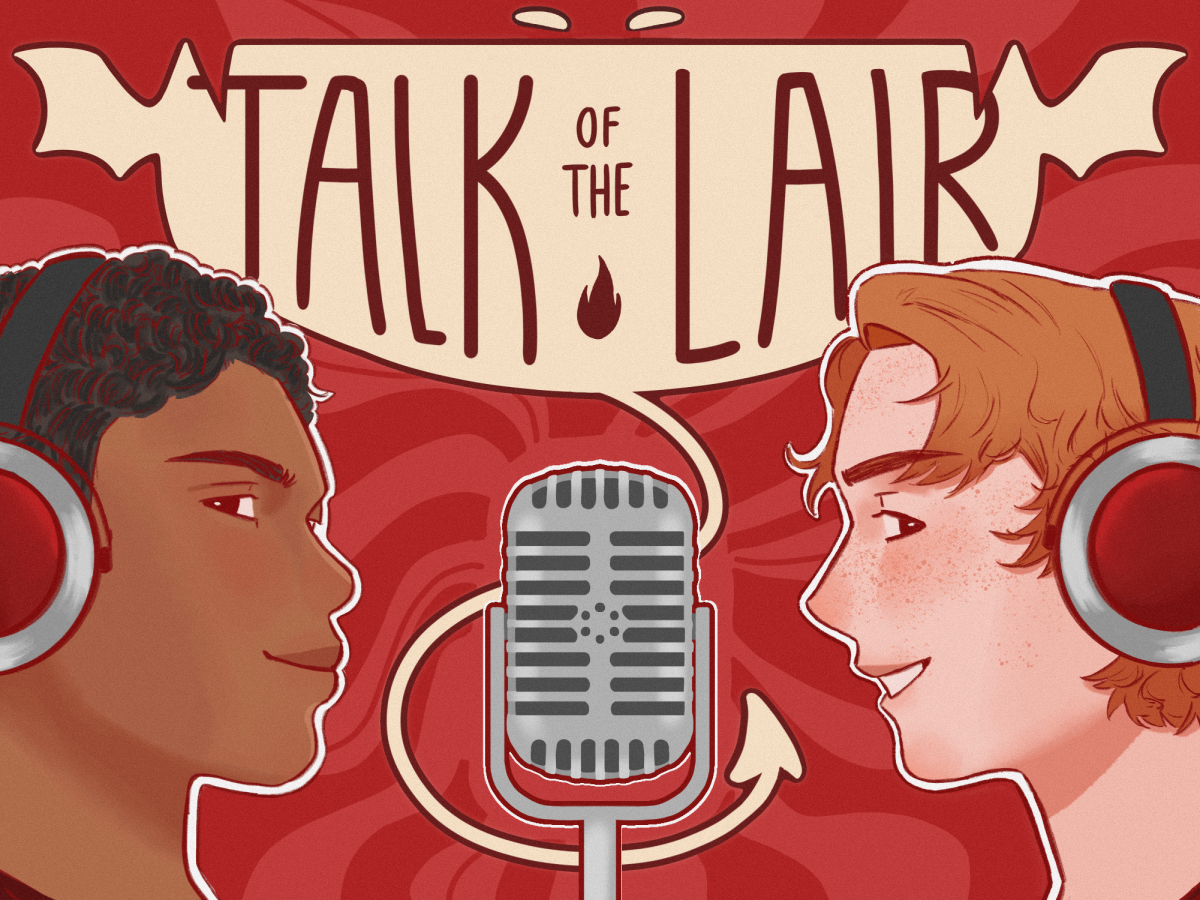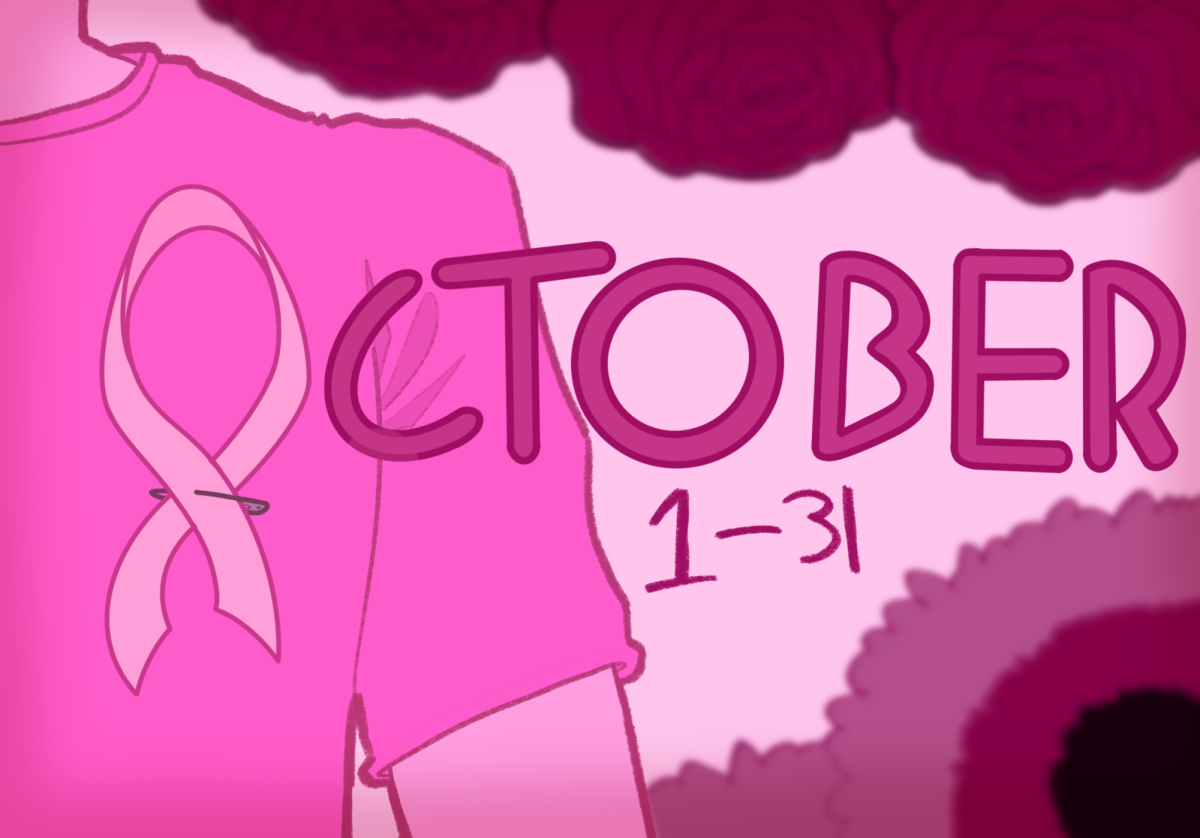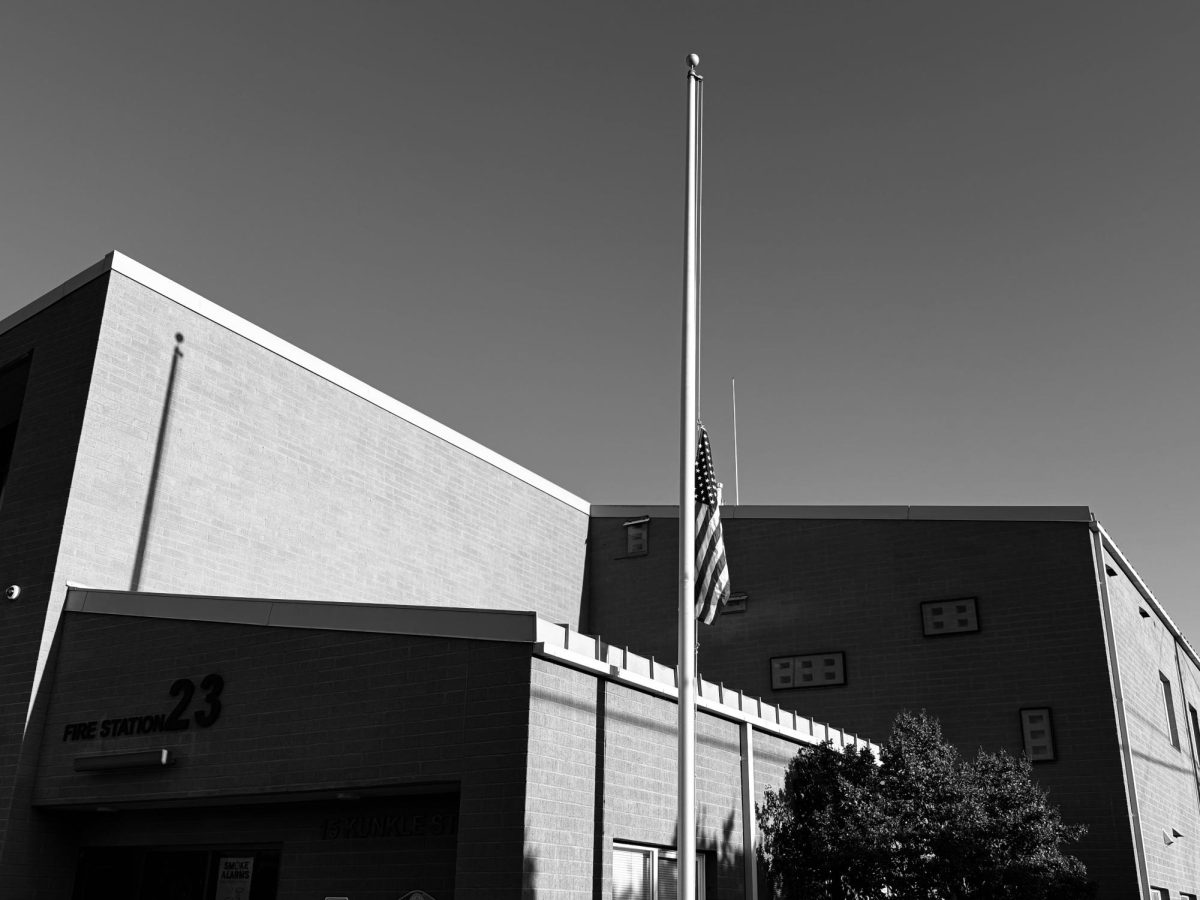On Wednesday, January 31, 2018, the National Scholastic Press Association (NSPA) celebrates the 30th anniversary of one of the landmark cases in student journalism: Hazelwood v. Kuhlmeier. While this case ultimately rolled back some freedoms of the press for students, it is important to recognize the role it plays in the history of scholastic journalism so as to understand and appreciate the freedoms that states, like California, concede to students.
In 1983, students on the staff of The Spectrum, the publication of Hazelwood East High School, wanted to run a story on teen pregnancy and divorce. After the paper was prepared for printing, the school principal removed the two articles, as he deemed them inappropriate for the school environment. This left the students who spent hours working diligently on sensitive, yet ubiquitous topics, to find a paper printed without those articles.
The students decided to take their case to court on the grounds that their First Amendment rights had been infringed upon. In the end, the U.S. Supreme Court ruled that the principal had not violated their freedom of the press by removing the articles. The paper was deemed not to be a public forum, therefore the same freedom of press did not apply to them. This created a precedent for the legality of administrative prior restraint and review.
The irony is uncanny. A high school principal believed that stories on divorce and teen pregnancy were inappropriate for students, when in fact, divorced parents are commonalities amongst high school students and pregnancy and safe sex are ever prevalent in the lives of students. Students should have the ability to write about such topics, and the student body should have the right to read it. Not only do the actions of the principal infringe on the rights of student journalists, but it also censors what the students read.
In a previous student freedom of speech case, Tinker v. Des Moines School District (1969), the Supreme Court ruled that the students’ actions of wearing armbands in protest of the Vietnam War was “quiet and passive” and that “they were not disruptive and did not impinge upon the rights of others” therefore it did not qualify as a violation of the First or Fourteenth Amendment.
The Supreme Court opinion of Tinker states: “It can hardly be argued that either students or teachers shed their constitutional rights to freedom of speech or expression at the schoolhouse gate.” A powerful statement, written by a powerful institution. However, this claim that protects and honors students’ freedom of speech was limited after the Hazelwood case.
Here at The Foothill Dragon Press and any other public school in California, we are considered lucky—lucky to uphold the founding principle of our democratic society: the First Amendment. Only 14 states have passed legislation protecting the First Amendment rights of students, and thus, the Hazelwood case ruling does not apply in these states. However, that means 36 other states still refuse to honor the students’ freedoms to speech and press.
Since when has the pen often become seen as a destructive tool? In the current age, the freedom of the press is continually threatened. For instance, President Trump has advocated for changing libel laws to sue journalists, as well as calling them derogatory names when, as the President of the United States, he should respect freedom of press and the invaluable work journalists do in creating consensus on fact.
Democracy cannot be preserved while the rights of journalists are inhibited, as their primary obligation is to present the uncensored truth. More than ever, the people must recognize the role the press has in exposing corruptions and holding powerful people accountable, thereby inspiring reform.
Even the rights of student journalists need to be preserved and protected by giving students the chance to cover controversial topics without any consequence from administration. We have become passive in protecting and preserving the freedoms of speech and the press, but this needs to change. At any level of the press, there are stories that need to be shared and these important stories cannot be told without the support of the First Amendment behind them.


